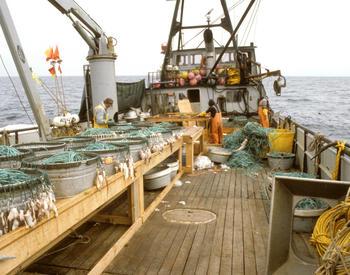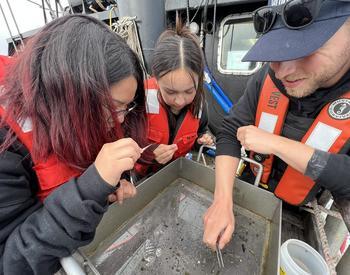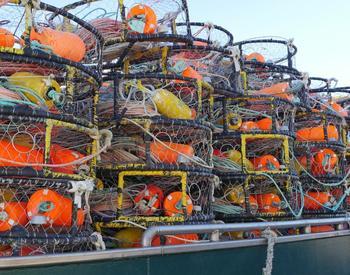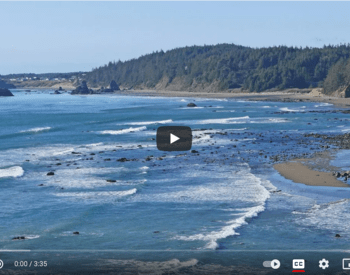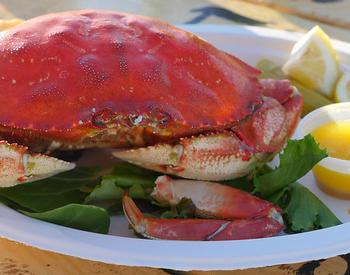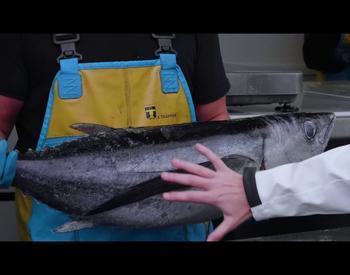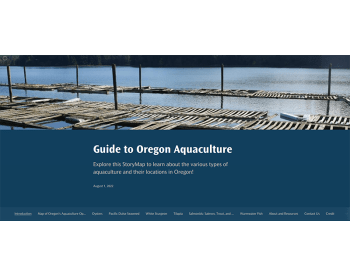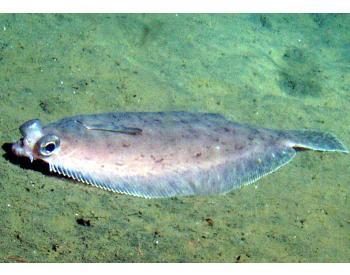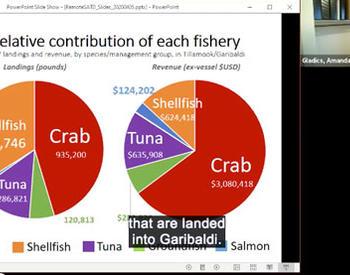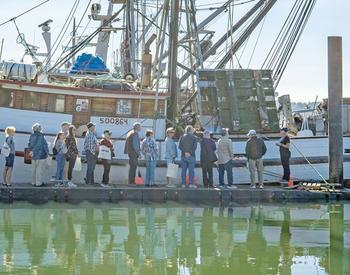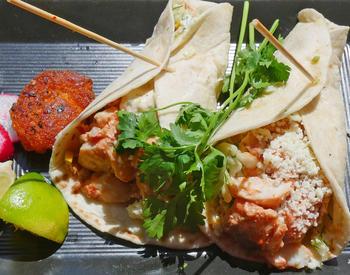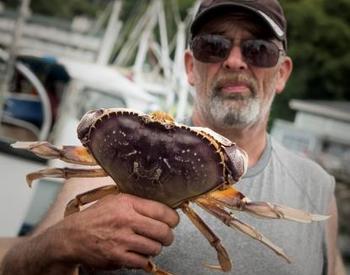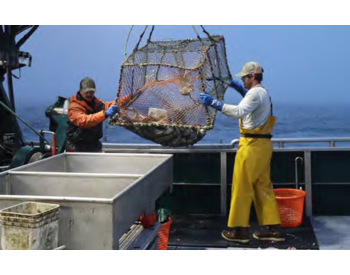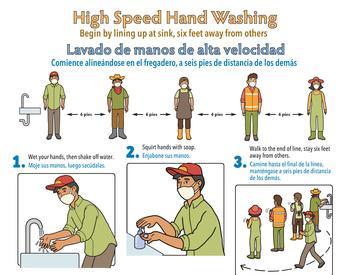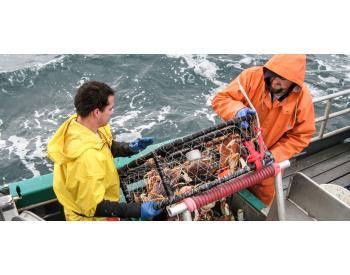CORVALLIS, Ore. – When COVID-19 struck in Asia in late 2019 and early 2020, the ripple effects were being felt in Oregon.
Many fisheries lost their export markets in late January as the spread of the virus led to the cancellation of Chinese Lunar New Year celebrations. Prices for Dungeness crab were stagnant at a time when they normally would be rising.
That was just the beginning.
When COVID-19 spread to the West Coast, the shockwaves to the state’s overall seafood industry were felt immediately. Most Americans eat seafood in restaurants, and Oregon’s “Stay at Home, Save Lives,” orders shuttered in-person dining in March. Some vessels cut their seasons short.
As the harvesters, processors, retailers and aquaculture practitioners took stock of their situations, a trio of Oregon Sea Grant Extension faculty – Amanda Gladics in Astoria, Angee Doerr in Newport and Jamie Doyle in Coos Bay – went to work.
They designed an electronic survey that was in the field from April 22 to June 1. They received 131 completed surveys, primarily from seafood-based businesses and individuals on the Oregon Coast.
The survey findings are now available to the public and have already helped guide Sea Grant Extension’s response to the emergency.
“We didn’t have the power to magically fix these problems, but we quickly realized we had the tools and training to document the impacts and inform the recovery process,” said Doerr, an assistant professor of practice and marine fisheries specialist.
The results of the survey provide a snapshot of an industry facing a potential crisis. Nearly all respondents – 95% – reported that they or their business had already been impacted by COVID-19. The respondents were highly reliant on their work in Oregon’s seafood industry, with an average of 83% of their household income tied to their work in seafood.
Workers most frequently reported experiencing loss of income as a result of COVID-19. They expected job losses and challenges balancing family and work to be critical challenges as the pandemic progressed.
“The survey was something we just had to do,” said Gladics, assistant professor of practice and Sea Grant Extension coastal fisheries specialist in Astoria. “We didn’t want to charge off into doing something to help without knowing what was needed. We wanted to know what would actually be helpful.”
According to Doyle, a coastal community development specialist, it was notable that almost no respondents wanted business training or workshops or business advising – so they steered their efforts away from education or training initiatives that weren’t desired.
What they did realize was efforts were needed to help the state’s seafood industry access new markets through consumer education. They partnered with the Oregon Department of Agriculture and the Oregon seafood industry on an initiative called Eat Oregon Seafood.
In addition to showing where to buy local seafood via an interactive map, the Eat Oregon Seafood webpage offers tips on when and what types of seafood to purchase and how to freeze, smoke and prepare it at home. It also has a growing archive of recipes for home chefs. There’s also a promotional campaign on social media that features the hashtag #EatOregonSeafood.
“We wanted to expand the seafood market beyond restaurants, to make seafood more approachable and attractive for the home chef,” Doerr said. “We knew there were a lot of potential pathways and we wanted to make sure we were doing what was best for our stakeholders. Eat Oregon Seafood was the right thing at the right time.”
